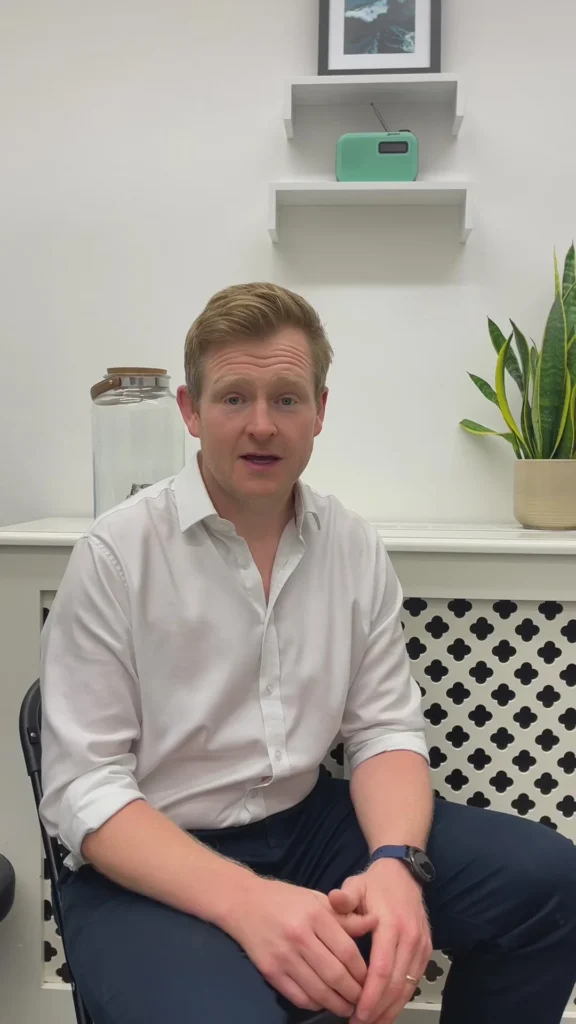Ensuring Safety, Quality, and Compliance for Visitors Seeking IV Fat Burn and Wellness Treatments
South Korea has become a global hotspot for advanced IV drip therapies, including popular fat burn and wellness infusions. For international patients traveling to Korea, understanding the country’s medical regulations is essential to ensure treatments are safe, legitimate, and meet high-quality standards. This guide explains the key regulatory aspects you should know before undergoing IV drip therapies in Korea.
1. Strict Licensing and Accreditation Requirements
- Only licensed medical institutions and hospitals are authorized to provide IV drip therapies in Korea. This includes clinics with licensed physicians, nurses, and pharmacists overseeing the procedures.
- Korean medical laws prohibit non-medical establishments (e.g., beauty salons or unlicensed wellness centers) from administering intravenous treatments.
- Clinics must be accredited by the Ministry of Health and Welfare or related regional health authorities, ensuring compliance with hygiene, safety, and operational standards.
2. Qualified Medical Professionals Are Mandatory
- IV drip therapies must be performed or supervised by board-certified doctors or registered nurses under physician direction.
- Medical staff receive specialized training in intravenous infusion techniques and emergency protocols, reducing risks during administration.
- International patients should verify that their chosen clinic employs licensed healthcare professionals.
3. Strict Regulations on IV Drip Ingredients
- The ingredients used in IV drips, including fat burn formulations, must be approved pharmaceuticals or supplements regulated by the Korean Food & Drug Administration (KFDA).
- Unapproved substances, off-label drugs, or unverified compounds are not legally permitted in clinical IV treatments.
- Clinics are required to provide ingredient transparency and dosage information to patients before treatment.
4. Patient Consent and Medical Records
- Korean law mandates that clinics obtain informed consent from patients prior to administering IV drip therapies.
- This includes explaining potential risks, benefits, treatment procedures, and alternatives in a language the patient understands.
- Medical records of consultations, treatments, and follow-ups must be maintained securely, with patients entitled to access their personal medical information.
5. Hygiene and Safety Protocols
- Clinics are subject to regular inspections to ensure sterile environments, proper disposal of medical waste, and infection control standards.
- Single-use IV equipment and sterile techniques are mandatory to prevent contamination and cross-infection.
- Patients should confirm the clinic’s adherence to these safety protocols before treatment.
6. Regulation of Medical Tourism Agencies
- Many international patients use medical tourism facilitators to coordinate treatments. Korean regulations require these agencies to be licensed and transparent in their services.
- Agencies must provide accurate information about clinics, costs, and treatment options without misleading claims.
- Patients should choose agencies with proven reputations and verified clinic partnerships.
7. Legal Protections and Complaint Mechanisms
- Patients have the right to file complaints regarding malpractice, unprofessional conduct, or safety violations through Korean health authorities.
- Clinics are legally obligated to address patient grievances promptly and transparently.
- International patients should keep documentation and communicate promptly with both clinics and local health offices if concerns arise.
8. COVID-19 and Infectious Disease Controls
- Korea maintains strict infection control policies, especially post-pandemic, impacting medical tourism and IV therapy procedures.
- Clinics implement temperature checks, sanitization, social distancing, and mask mandates to safeguard patients and staff.
- Travelers may be required to provide vaccination proof or negative test results depending on current government policies.
Final Tips for International Patients
- Verify clinic credentials and ask about licenses before booking.
- Ensure you understand all treatment details and sign informed consent forms.
- Choose clinics with multilingual staff to avoid miscommunication.
- Use reputable medical tourism agencies to assist with logistics and support.
- Keep copies of all medical documents and receipts.
Conclusion
South Korea’s robust medical regulatory framework ensures that IV drip therapies, including fat burn treatments, meet high safety and quality standards for both domestic and international patients. Being informed about these regulations empowers medical tourists to make safe choices, enjoy effective treatments, and have peace of mind during their wellness journey in Korea.




